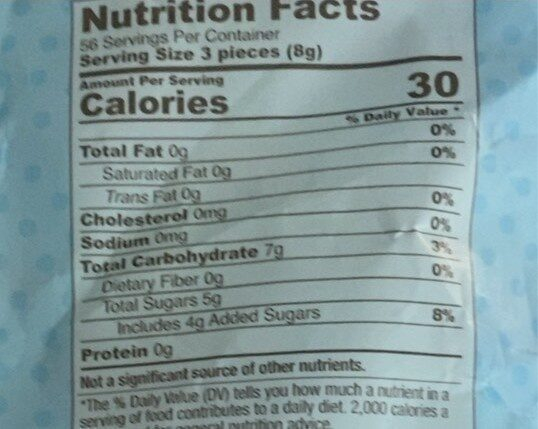Gin Nutrition Information – Discover the important nutritional breakdown of Gin Nutrition Information. If you’re watching your diet, knowing the nutritional breakdown of Gin Nutrition Information can be crucial.
Macronutrients & Calories
- Calories: Varies by brand.
- Carbohydrates: Amount may vary.
- Dietary Fiber: Can contribute to digestion.
- Sugars: May include natural or refined sugars.
- Amino Acids: Essential for muscle growth.
- Fats: Includes different types of fats.
- Unhealthy Fats: Can contribute to cholesterol levels.
- Unsaturated Fats: Often found in natural sources.
- Trans Fats: Linked to health concerns.
Essential Nutrients
- Vitamins: Varies depending on source Vitamin A, C, D, B12.
- Minerals: Rich in Calcium, Iron, Magnesium, Potassium.
Composition & Additives
Checking the makeup of Gin Nutrition Information is beneficial to make more informed selections.
- Core Ingredients: Varies by brand.
- Processed Content: May contain artificial additives.
- Allergy Warnings: Depends on production methods.
Advantages & Drawbacks
Why It’s Good for You
- Supports overall health.
- Enhances immune system.
Concerns
- Contains significant amounts of sugar.
- Could be harmful for those with certain health conditions.
Serving Suggestions
To get the most out of Gin Nutrition Information, try these preparation methods:
- Ideal for a breakfast option.
- Goes well with nutrient-dense meals.
- Perfect for as an afternoon pick-me-up.
Other Options
Need a different option? Consider these better options:
- Comparable Foods: Try natural substitutes.
- Versus Other Options: Compared to [Another Product], Gin Nutrition Information contains more benefits.
Conclusion
In summary, Gin Nutrition Information can be a decent choice with proper portion control. Choose thoughtfully for a better lifestyle.


